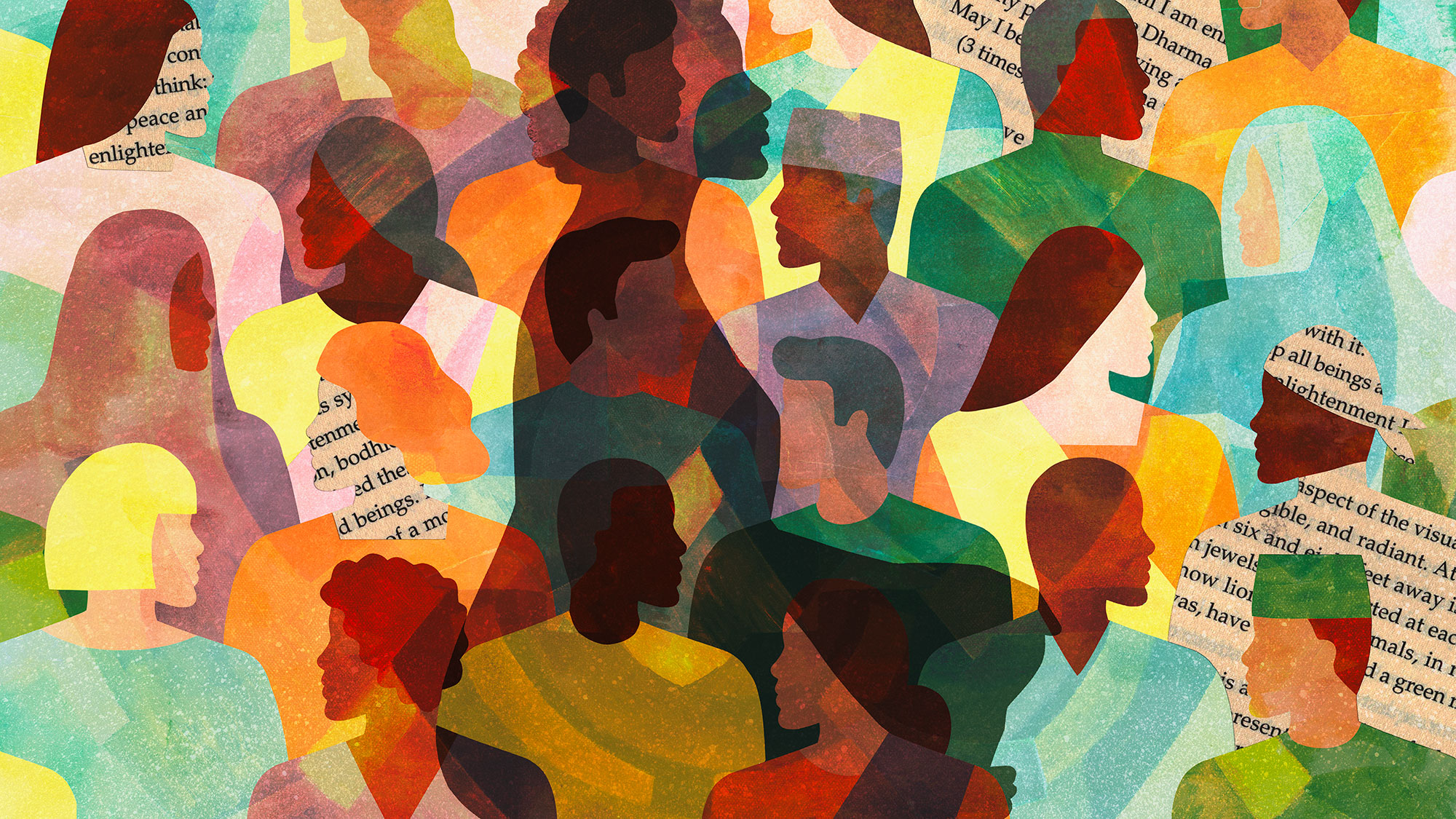Institutional Distrust and Injustice

We hear, time and time again, that Western societies are facing a new crisis of trust—one that is marked by declining trust in public institutions. Yet institutional distrust, specifically among socially marginalized groups, has long been a concern in these societies. Included are the distrust of Black communities in the police, of LGBTQ+ people in health care, and of Indigenous peoples in child welfare. This project focuses on the chronic distrust by some marginalized communities in public institutions and how this distrust is rooted in systemic injustice. One of the goals is to increase awareness of this problem—what we call the “problem of institutional distrust and injustice”—and how it differs from the immediate crisis of trust. The central aim, however, is to develop a philosophical framework for understanding and responding to this distrust.
PRINCIPAL INVESTIGATORS:
Carolyn McLeod (Rotman Institute of Philosophy, Western University)
Silke Birgitta Gahleitner, PhD (Clinical Psychology and Social Work, University of Applied Sciences, Berlin), Collaborator
Tamia Knight, MA (Social worker, Ontario Ministry of Children, Community and Social Services; PhD candidate, Social Work, Wilfred Laurier University), Collaborator
Heather Stewart, PhD (Philosophy, Oklahoma State University), Collaborator
PROJECT DATES:
2023 – 2026
PROJECT FUNDING:
SSHRC Insight Grant
The central aim of this project is to develop a philosophical framework for understanding and responding to chronic distrust by some marginalized groups in public institutions. The proposed framework will provide original answers to two sets of questions: one conceptual and one moral.
The Conceptual: How should we conceive of distrust that targets institutions and stems from injustice? How should we understand it and its counterpart of trust?
The Moral: How should institutions morally respond to this distrust? Should they aim, in response, to build public trust and if so when and how should they do that?
Our working hypothesis is that we should understand the distrust in terms of the Othering that marginalized groups have faced and continue to face in their encounters with public institutions. By contrast, we should understand the trust in terms of belonging, as belonging is understood within psychology. These answers will inform our responses to the moral questions. The goal there will be to provide strategies for building public trust that institutions could employ when trust in them is warranted. The results of this research will be disseminated through a scholarly monograph published by a prestigious press and through a series of scholarly articles and conference presentations.
The project will advance knowledge in various academic areas. We will add to the philosophical literature on trust and distrust a conceptual analysis of these attitudes that takes seriously how marginalized people experience them and that conceptually ties them to Othering and belonging. Drawing on the scientific expertise of one of our collaborators (Gahleitner), we will broaden literature on the science of belonging by showing how the human need to belong connects with trust. We will further debate about institutional distrust that is occurring in philosophy, bioethics, and the social sciences, including among researchers who study the institutions of health care or child welfare. Showing how our philosophical framework could be applied to cases of institutional distrust and injustice that involve these specific institutions is a key objective of our research. To achieve it, we will use the expertise of team members Stewart and McLeod in health care, and Gahleitner, Knight, and McLeod in child welfare.
The broader potential benefits of the research are substantial. They involve the rigorous training of graduate and undergraduate students in conceptual and moral analyses, in applying their philosophical skills to a real-world social problem, and in translating their knowledge for non-academic audiences. Students will contribute to all concrete outcomes of this project, which will include short pieces written for the general public, for public policymakers, or for socially marginalized communities that show high rates of institutional distrust. Members of these audiences should benefit by learning more about institutional distrust and injustice and how to combat it, or—in the case of marginalized people—by having those in power (e.g., policymakers) gain this knowledge and hopefully put it into practice.
Principal Investigator:
- Carolyn McLeod, PhD, FRSC (Rotman Institute of Philosophy, Department of Philosophy)
Collaborators:
- Silke Birgitta Gahleitner, PhD (Clinical Psychology and Social Work, University of Applied Sciences, Berlin)
- Tamia Knight, MA (Social worker, Ontario Ministry of Children, Community and Social Services; PhD candidate, Social Work, Wilfred Laurier University)
- Heather Stewart, PhD (Philosophy, Oklahoma State University)
Graduate Students:
- Clair Baleshta, PhD Candidate, Philosophy
- Emily Cichocki, PhD Candidate, Philosophy
- Hale Demir-Doğuoğlu, PhD Candidate, Gender, Sexuality, and Women’s Studies
- Tamia Knight, PhD candidate, Social Work (Wilfred Laurier)
- Sasha Simon, PhD Candidate, Philosophy
Talks:
- Carolyn McLeod. 2023. “Trust and Belonging,” for the workshop, “Trust, Integration, and Social Cohesion,” Memorial University, Newfoundland, June 21-23.
- Hale Demir-Doğuoğlu. 2023. “Distrust, Privilege, and (In)vulnerability,” for the workshop, “Trust, Integration, and Social Cohesion,” Memorial University, Newfoundland, June 21-23.
(Related) Events:
- Carolyn McLeod, Luke Stark (FIMS), Jacquie Burkell (FIMS), Emily Cichocki (PhD candidate, Philosophy) and Jason Millar (Engineering, University of Ottawa), organizers. 2023. “(Dis)Trust and AI: Perspectives from Across Disciplines and Sectors,” a three-day event organized by Western University, October 27-29. Information here.
- Carolyn McLeod, Kharissa Edwards, and Sinead Osivwemu. 2021. “Race, Distrust, and Vaccine Hesitancy,” Public Lecture series on Race and Racism, part of the Annual Library Lecture Series of the Rotman Institute of Philosophy and Western Philosophy Department, October.
- Hale Demir-Doğuoğlu and Carolyn McLeod. 2023. “Towards a Feminist Theory of Distrust.” In The Moral Psychology of Trust. Ed. M. Alfano, D. Collins, and I. V. Jovanović. London: Lexington Books. Pp. 125-143.
- (For background on trust and distrust in philosophy, see McLeod’s “Trust,” Stanford Encyclopedia of Philosophy, revised 2020, originally published 2006.)
